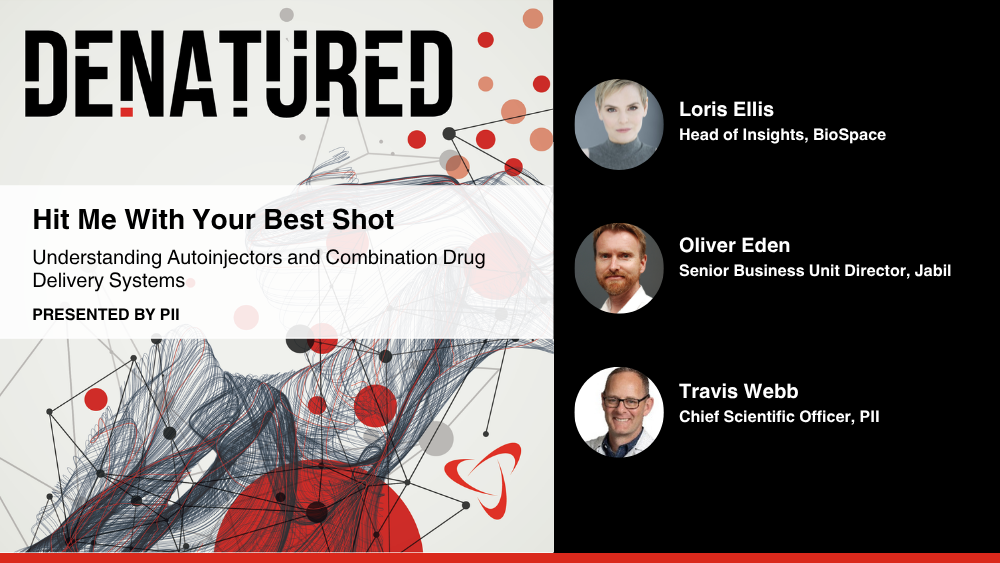PARIS--(Marketwire - October 21, 2009) -
| Highlighted Links |
Bionor Immuno Company Site |
"We are very pleased to continue to investigate Vacc-4x's effect, especially its ability to help HIV positive individuals with low CD4 counts, because these people have no effective treatment options," said Per Bengtsson, MD, PhD, Senior Vice President, Development and Chief Medical Officer, Bionor Immuno, makers of the investigational vaccine. "This is clearly a group with an unmet medical need, and we're pleased to pursue therapeutic alternatives."
Bionor Immuno is in the process of initiating a new Vacc-4x program that seeks to help people with HIV who do not respond adequately to available treatments. In a Phase II trial with Vacc-4x, a synthetic and specific peptide vaccine to HIV-1 p24Gag, the increase of CD4 cells was studied in 37 chronically infected HIV patients on antiretroviral therapy (ART) and with varying baseline CD4 T-cell counts. The median duration of ART prior to Vacc-4x immunization was 4.5 years and pre-ART CD4 counts were median 295 cells/uL.
The average increase of CD4 counts was 9% (P < 0,05) above baseline at 585 cell/uL (mean) 12 weeks after the start of immunization. For patients with baseline CD4 level < 500 cells/uL (n=11) the increase was 25% (P < 0,05) or 105 cells/uL. Patients on ART immunized with Vacc-4x experienced increased CD4 counts. The effect appeared more pronounced in patients with lower baseline CD4 counts ( < 400-500). In a previous study (ACTG 384) CD4 increase for patients (pre-ART CD4 < 300) was minimal after 120 weeks on ART.(2)
Since its implementation more than a decade ago, combination antiretroviral therapy (ART) has had a dramatic effect on the morbidity and mortality of HIV-1 positive individuals. However, 15 to 20% of the patients initiating ART do not regain CD4 T-cells despite an effective suppression of HIV-1-mRNA levels in blood. The incomplete therapeutic effect leaves these patients at increased risk of disease complications and death. Attempts to reduce clinical events through IL-2 induced stimulation of CD4 T-cells in the ESPRIT and SILCAAT studies proved to be unsuccessful.
About Vacc-4x
Vacc-4x is an HIV-1 immunotherapeutic vaccine comprised of synthetic peptides corresponding to conserved domains on the major core HIV-1 p24 capsid protein. Safety and tolerability have been confirmed in HIV-1-infected subjects following intradermal immunization schedules without serious adverse events.
As a therapeutic vaccination, it evoked strong, dose-dependent immune responses in a Phase IIa clinical trial, as determined by CD4+ and CD8+ T-cell proliferative responses as well as the intradermal skin test delayed type hypersensitivity (DTH). The response was sustained for the observation period of four years after immunization. CD4+ counts were increased in all patients after immunization and increases were more pronounced in those patients that had lower baseline CD4+ counts.
About Bionor Immuno
Bionor Immuno is an innovative biotech company developing synthetic peptide vaccines that stimulate cell-mediated immunity. Previous efforts made to use T-cell stimulation for vaccines have been notoriously unsuccessful and this is the reason they are not on the market today. Bionor Immuno carefully designs synthetic (modified) peptides with improved efficacy and safety profiles. Among the diseases targeted are chronic infections caused by HIV, Hepatitis C (HCV), Human Papilloma Virus (HPV) and Influenza. Bionor Immuno's platform technology is universally applicable and makes it possible to extend the range of projects to include vaccines targeting cancer.
(1) Robbins CID 2009, 48, 350-361
(2) Ibid.

 Digg this
Digg this Bookmark with del.icio.us
Bookmark with del.icio.us Add to Newsvine
Add to Newsvine


